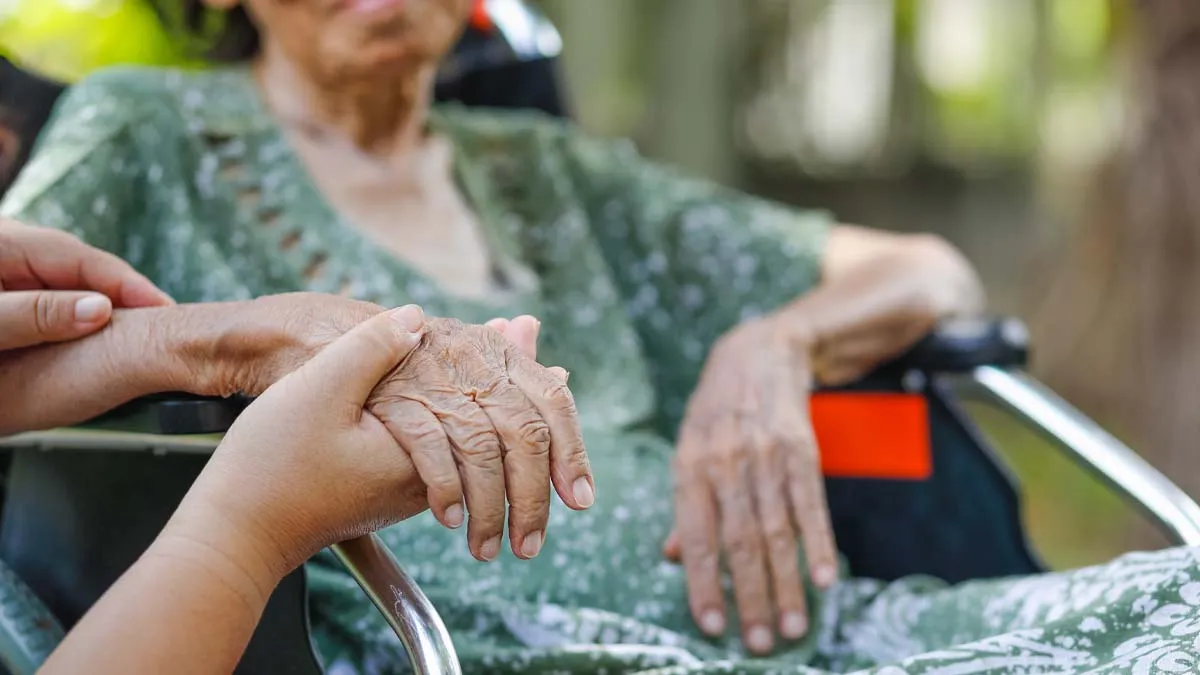Family Caregiving made Simple: Daily Routines for Effective Homecare

Published on July 20, 2024
Family caregiving is a rewarding yet challenging responsibility. Simplifying the caregiving process through structured daily routines can make homecare more effective and less stressful. This blog provides practical tips to help family caregivers manage their duties efficiently and maintain a balanced life.
Start with a Morning Routine
Begin each day with a consistent morning routine. Wake up at the same time, assist your loved one with their morning hygiene, and ensure they have a nutritious breakfast. A structured morning sets a positive tone for the day.
Plan and Prioritize Tasks
Create a daily schedule that includes all essential tasks such as medication management, meals, and personal care. Prioritize activities based on urgency and importance. This will help in managing time efficiently and ensuring that nothing crucial is overlooked.
Incorporate Physical Activity
Physical activity is vital for maintaining health and mobility. Include light exercises or physiotherapy sessions in the daily routine. Even a short walk can significantly improve physical and mental well-being.
Ensure Proper Nutrition
Prepare balanced meals and snacks throughout the day. Good nutrition is crucial for overall health and recovery. Keep a meal plan and track dietary requirements to ensure your loved one gets all the necessary nutrients.
Maintain Medication Schedules
Accurate medication management is critical in homecare. Use a pill organizer and set alarms or reminders to ensure medications are taken at the right times. Keep a log to monitor any side effects or changes in health.
Foster Mental Stimulation
Engage your loved one in activities that stimulate their mind. This can include reading, puzzles, board games, or even simple conversations. Mental stimulation is essential for cognitive health.
Create a Safe Environment
Ensure the home is safe and accessible. Remove any potential hazards, install grab bars in necessary areas, and keep pathways clear. Safety is a fundamental aspect of effective homecare.
Take Breaks and Seek Support
Caregiving can be demanding. It’s important to take regular breaks to avoid burnout. Seek support from family members, friends, or professional respite care services to ensure you have time to rest and recharge.
Keep Communication Open
Maintain open and honest communication with your loved one. Listen to their needs and concerns, and involve them in decision-making as much as possible. This helps in fostering a sense of independence and respect.
Stay Organized
Keep all medical records, emergency contacts, and care plans well-organized and easily accessible. This ensures that you are prepared for any situation and can provide the best homecare.
Monitor Progress and Adjust
Regularly monitor the progress of your loved one’s health and adjust the care routine as needed. Stay in touch with healthcare professionals for guidance and updates on the best homecare practices.




